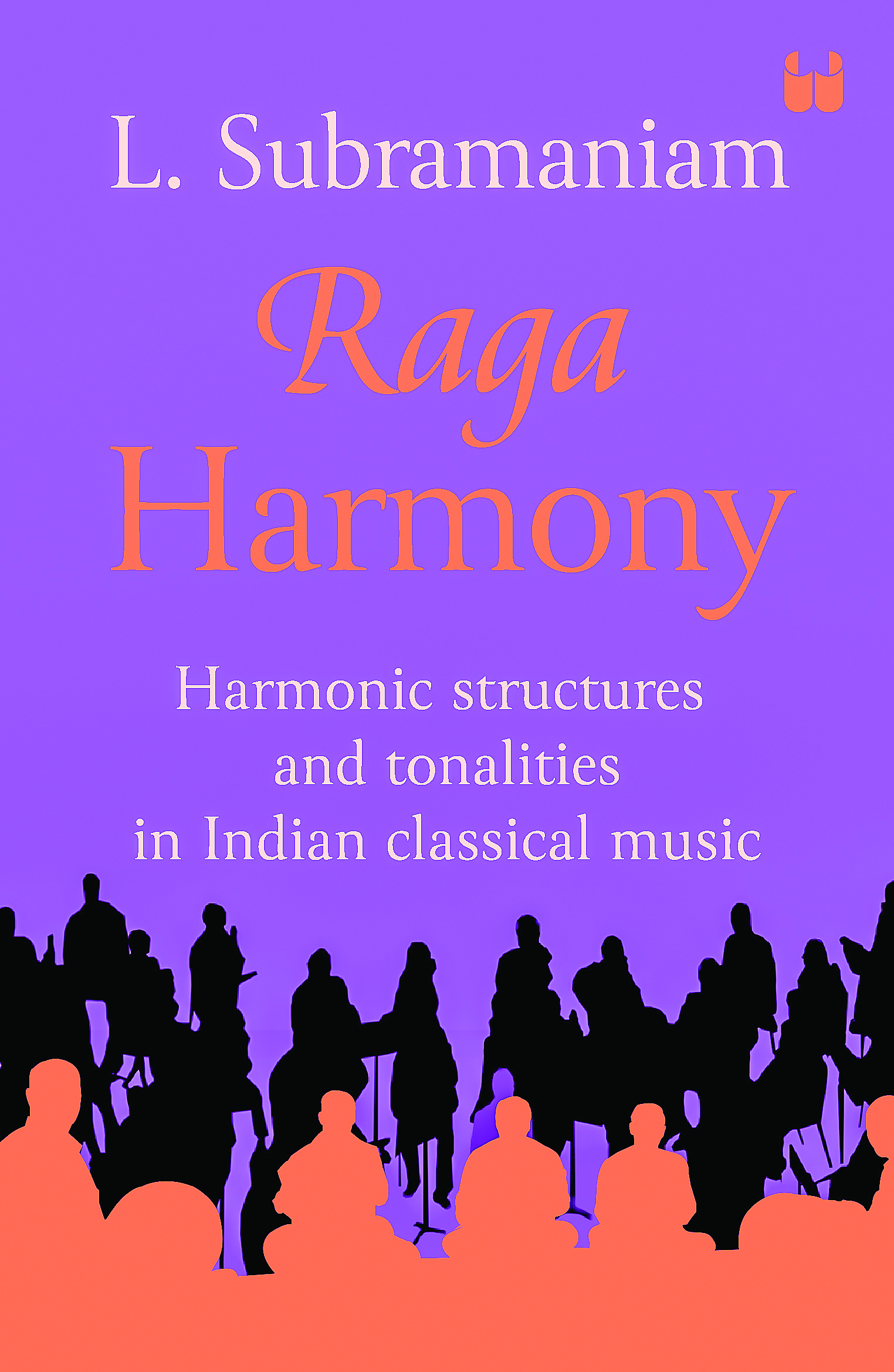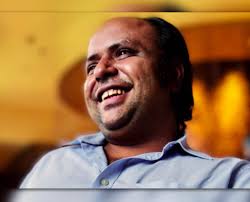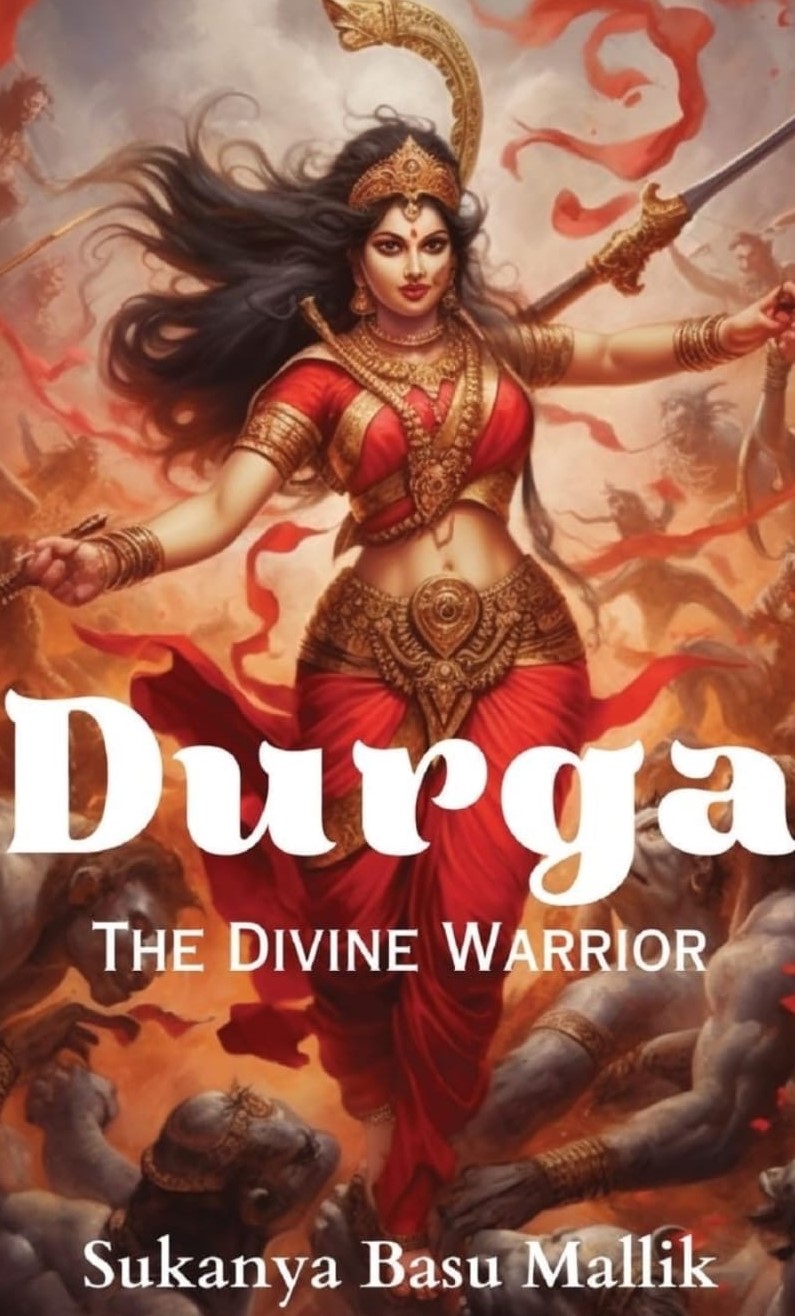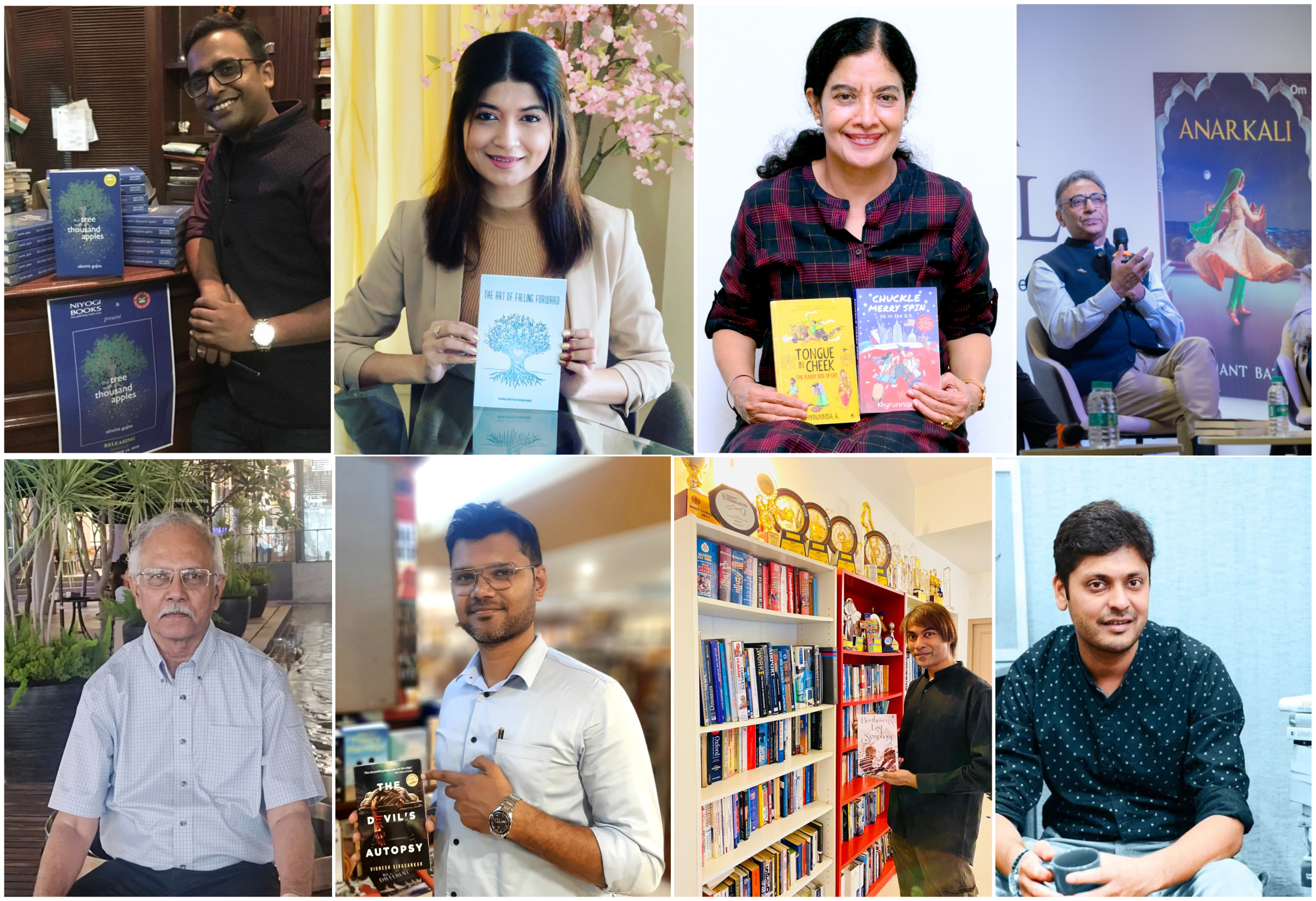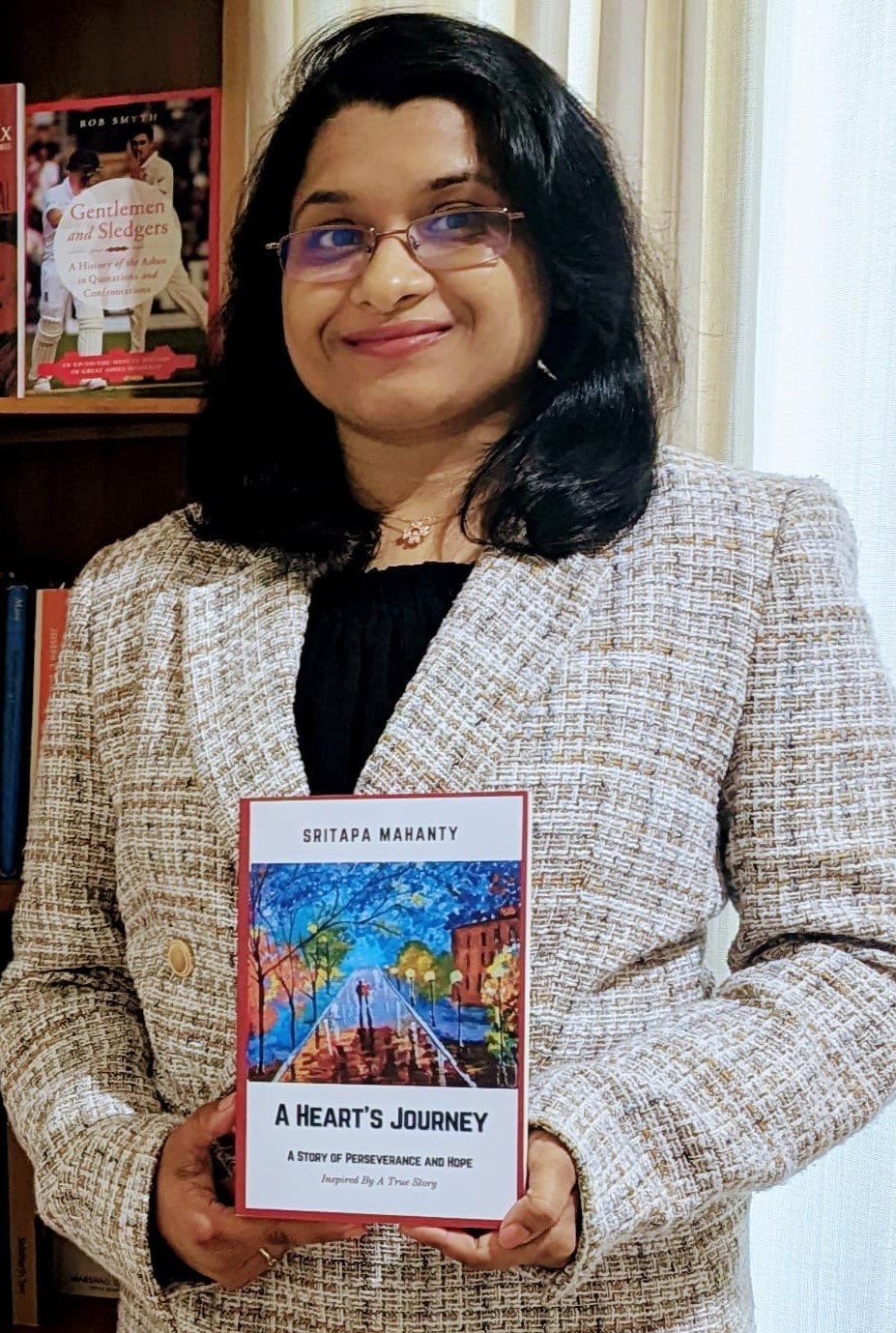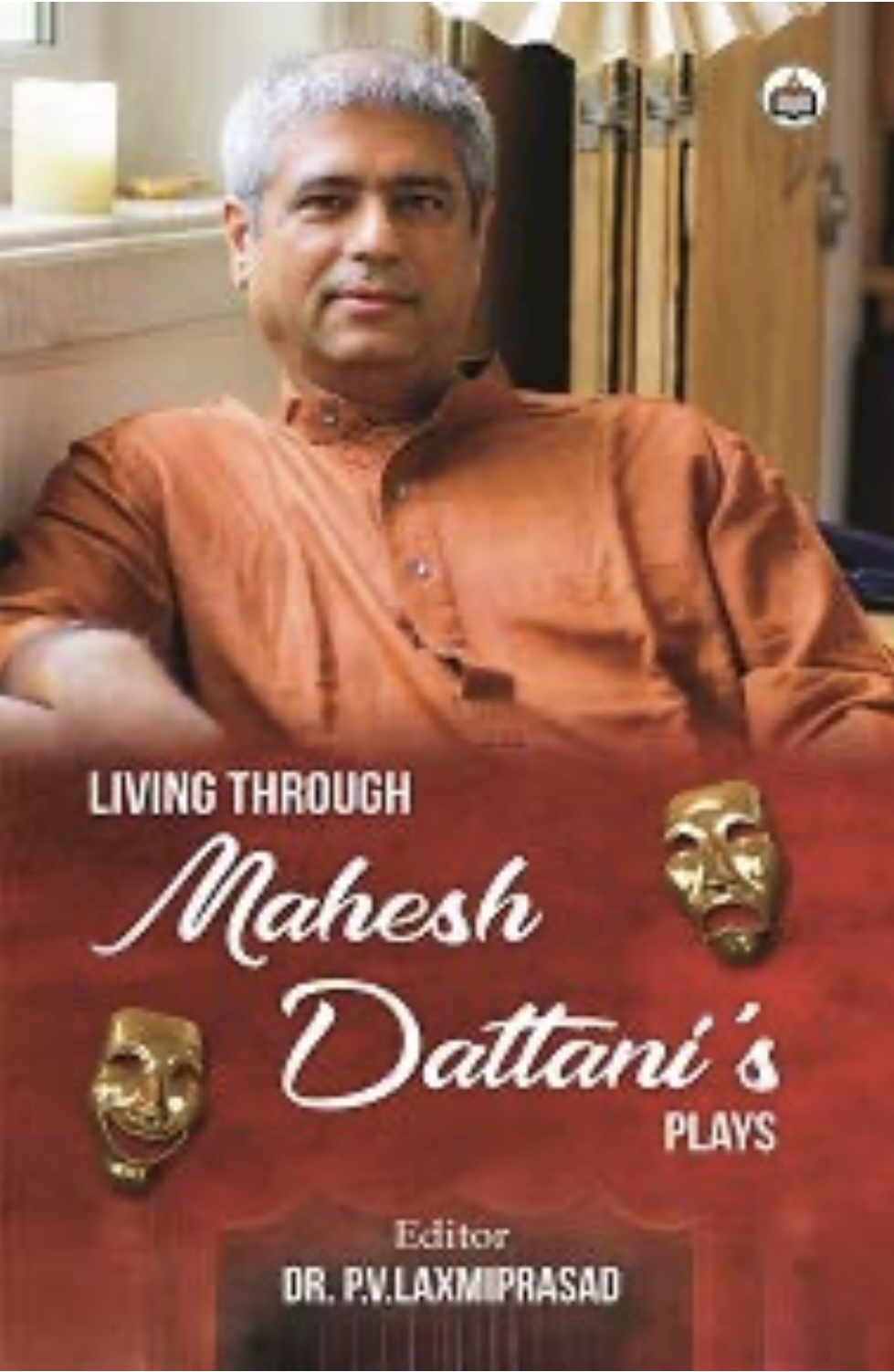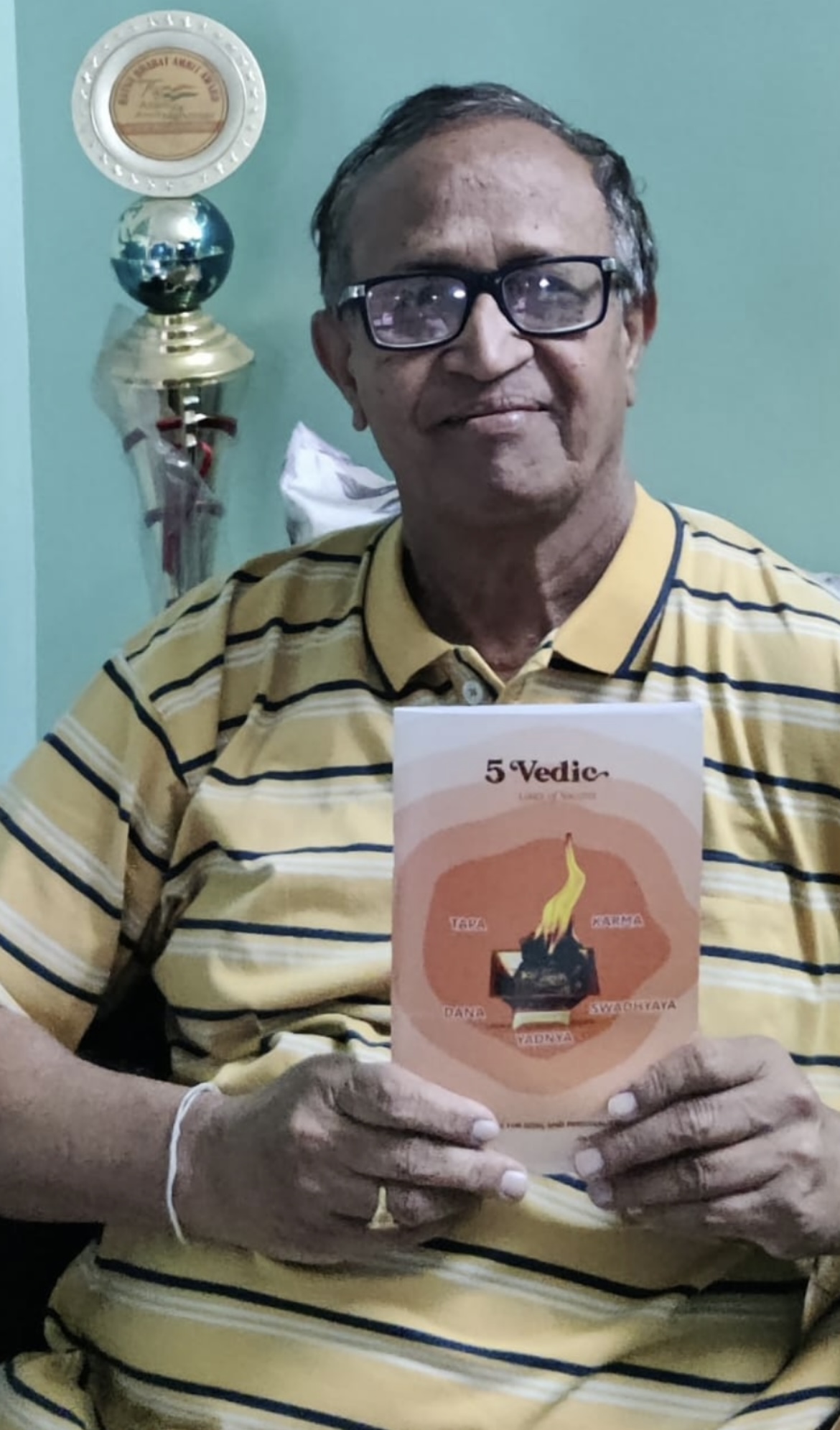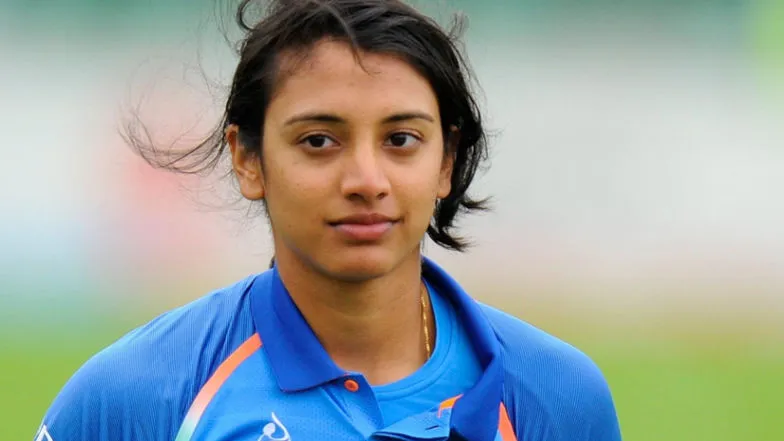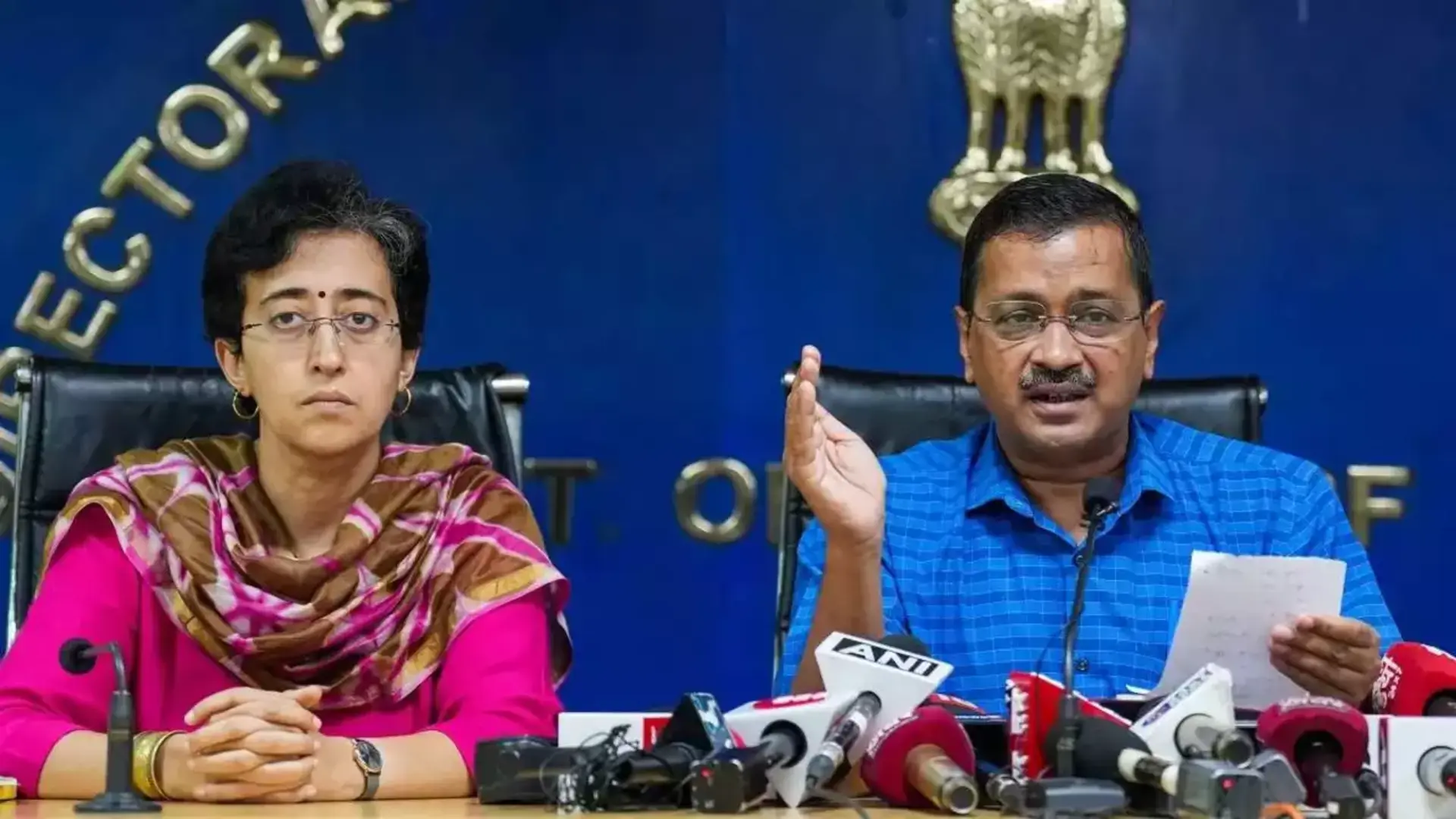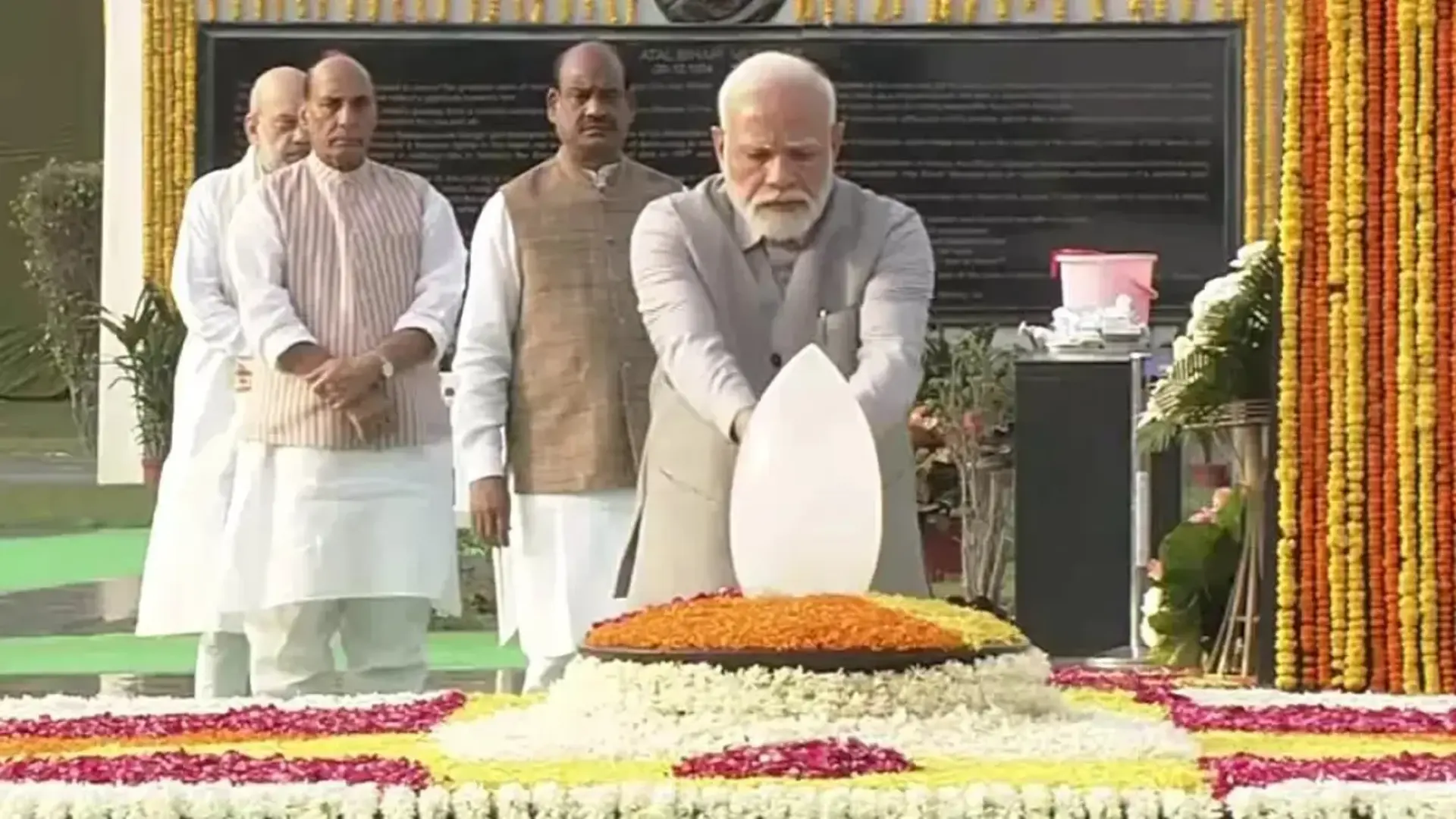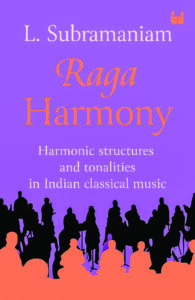Dr L. Subramaniam, who’s been called ‘arguably the greatest violinist in the history of Indian music’, is also one of the most formally inventive musicians of our time. A polymorphous talent, he is not bound by genres or geographies nor fear of the untried and uncharted.
It is in this spirit that, as a young student, Dr Subramaniam set about creating a system that would integrate the melodic nature of the Indian raga system with the harmonic structure of Western classical music. What those early years of study—tried and tested over the decades—led to was the possibility of orchestral compositions for Indian ragas, evoking their mood within the rich sound of symphony orchestras.
Raga Harmony unveils Dr Subramaniam’s revolutionary thirty-six-scale concept that will allow compositions by Indian composers based on Indian ragas to be performed by some of the most prestigious orchestras across the globe. The use of this system enables the generation of lush harmonies that are not only uncommon and pleasing, but also intricate and intellectually intriguing.
About the Author
Global violin icon Dr L. Subramaniam is the world’s leading authority of South Indian classical music and violin, having performed for more than sixty-five years now. A childhood prodigy, he was honoured with the title ‘Violin Chakravarti’ at the age of twenty-five. In his long and illustrious career since, Dr Subramaniam has collaborated with the greatest musicians of his time. He is the only musician who has performed/recorded Carnatic classical music, Western classical music, both orchestral and non-orchestral, and composed for, conducted and performed as a soloist with many major orchestras, scored for films and ballets, collaborated with some of the greatest musicians of his time (including George Harrison, Stevie Wonder, Yehudi Menuhin, and many others), from different genres of music including jazz, occidental, jugalbandhis with North Indian musicians and world music. He created the global fusion concept in the mid-1970s.
He has mastered various techniques and genres, explored new avenues (he was a musical advisor to Peter Brook about the sound concepts for his “Mahabharata”), even composed music for a select few films (Salaam Bombay and Mississippi Masala, among others, and was featured as a soloist in
Bernardo Bertolucci’s Little Buddha and Cotton Mary of Merchant–Ivory Productions). Yet, his technical mastery finds its truest experience in the service of Carnatic music, the tradition he has inherited from his father and guru, Professor V Lakshminarayana.
He has received several awards and honours, including the coveted Padma Bhushan in 2001 and Sangeet Natak Akademi Award for “The Most Creative Artist” in 1990 from the President of India. In recognition of his contribution to the World of Music, he has been conferred with Honorary Doctorates by Bangalore University (2003), University of Madras (2004), Sheffield University (2008), Rabindra Bharathi University (2016), ITM University (2016) and National Institute for Education and Research (2016).

